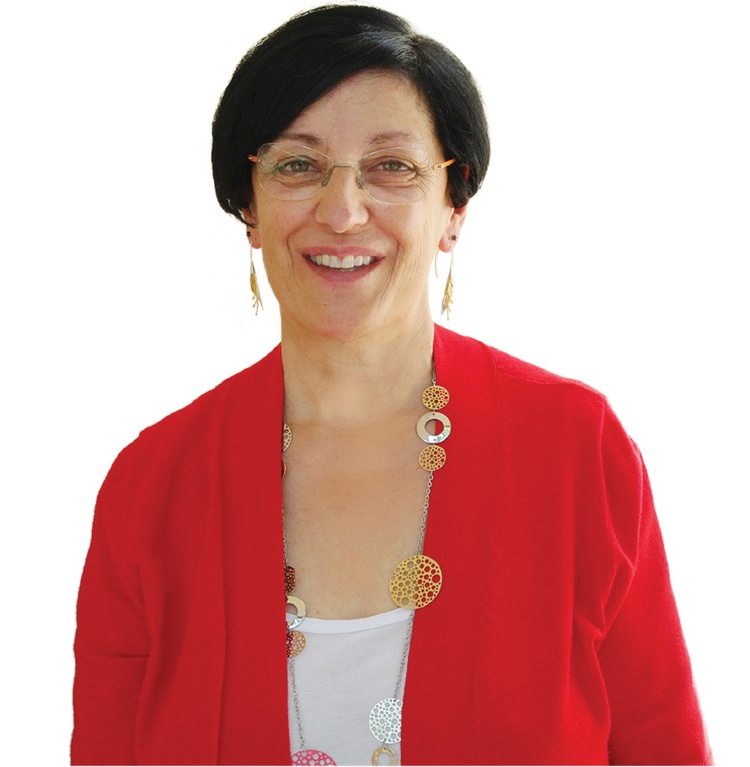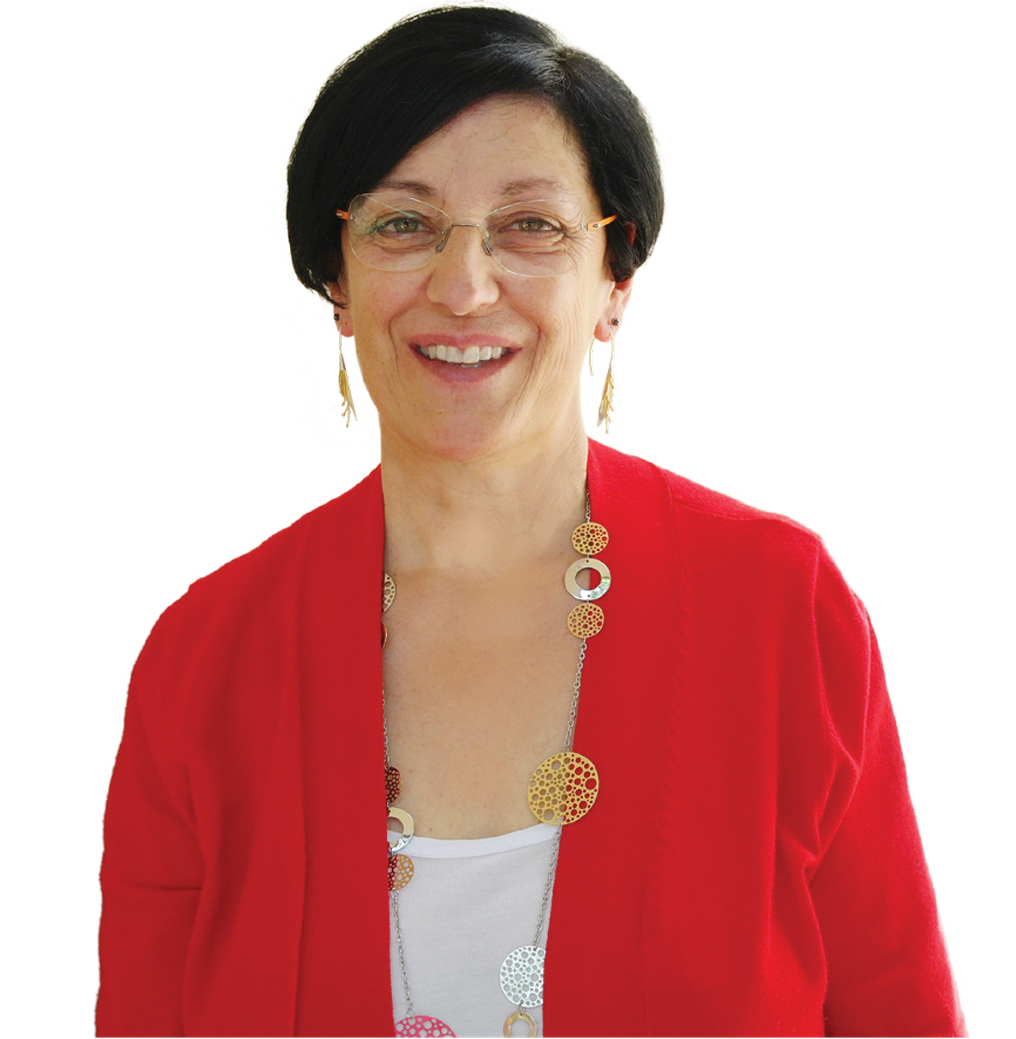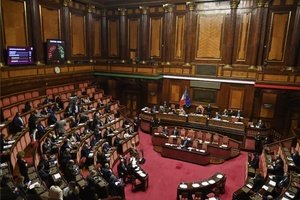Paula Marcolin is quick to make this very clear.
“That is why when the Democratic Party (PD) moved towards the right, I no longer recognised myself in that party and my disappointment was so great that I decided to leave politics,” she says.
But politics is something deep within and it’s difficult to leave for good.
Perhaps you can forget about it for a while, but it doesn't take much to revive that fervour.
And so - first with hesitation, then with greater conviction - Ms Marcolin found a new avenue to reignite her passion for politics in Free and Equal (LeU), born out of the split within the PD.
Ms Marcolin’s love for politics thrives on “integrity” and a respect for those ideas to which she feels particularly bound.
And if someone argues that the LeU has split the centre-left and consequently increased the chances of other parties prevailing, Ms Marcolin stands firm in claiming her right to choose freely on the basis of policies and not convenient alliances.
“If [Matteo] Renzi had maintained a truly ‘democratic’ party, if he had really tried to reach an agreement, the LeU wouldn’t have even been established,” she says.
“We take full responsibility,” she emphasises fully aware that this could mean defeat – a personal but honest defeat.
“Naturally, I entered this race to win,” Ms Marcolin says.
“If I don’t win it means that people preferred someone else. It means that voters felt that the LeU and Paula Marcolin could not do anything for them.”
But if someone asks why they should vote for her, Ms Marcolin knows exactly how to respond:
“Above all, because I’m a woman, and women come second in the PD. Also, because I think I can do this job well; I’m a fair-minded and committed person and if I say something I do it.”
However, politics isn’t just about having ideas; it’s important to know how to put those ideas into practice.
This is a difficult step to take in order to make a difference.
From a practical point of view, the program which Ms Marcolin believes she should bring forward is directed towards the younger generations, and her work focuses on facilitating greater access to university education.
She argues that “Italy has the least number of graduates in Europe,” so the LeU’s proposal to eliminate university fees would seem a “good way to go in this sense”.
Ms Marcolin claims that at the same time, it’s important to create policies which allow young people to enter into the market in a dignified way, something she believes has been missing in Italian politics.
“Dignified” meaning not just more stable, but with salaries which allow young people to live and build a future for themselves.
For the LeU, income is a key issue and is also central to the Five Star Movement’s (M5S) political program – an important point which could draw the two parties closer.
“If other political parties make good proposals, I don’t see why we can’t support them,” Ms Marcolin openly declares, adding that there could be contact with the M5S in the future “given the right conditions”.
However, she denies that the same conditions could ever lead to collaboration with certain political groups, such as the centre-right.
Should a so-called “president’s government” (a short-term government appointed by the president) - to which D’Alema and Grasso seem open, and which is supported by Forza Italia (FI) and the PD – be installed, Ms Marcolin would be left feeling rather uneasy.
The LeU’s program concentrates mainly on policies which support Italians in our electorate, according to Ms Marcolin.
On the one hand, it would take into account the conditions of new generations of Italians who have recently moved to Australia.
“Especially young researchers,” of which there are many and who need a support network, not only during their time abroad but also in enabling them to return to Italy, with the experience and skills they acquired during their service in another country.
“[On the other hand] we believe that the usual problems of citizenship must be resolved once and for all,” Ms Marcolin says.
“I personally believe that bilateral agreements between Italy and Australia regarding pensions should be reviewed and consular services improved.”
Perhaps not so much here in Australia, where conditions have improved considerably in the last few years, but in the rest of the electorate, where diplomatic presence is sparse.












